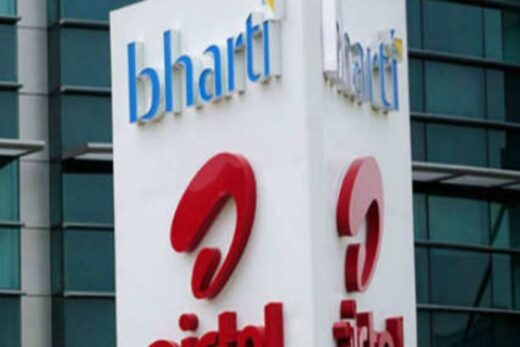The India and Southeast Asia-focused e-payments firm is looking at a valuation of around $6 billion through the IPO but it could rise further, they added.
The company was
valued at $3.5 billion after it raised around $600 million in two tranches earlier this year. It is also considering raising a ‘pre-IPO’ funding round, but those details have yet to be finalised.
“They (Pine Labs) are looking to raise new money before the IPO but are not calling it pre-IPO according to the current talks,” a person aware of the matter said.
Though the discussions are in the early stages, Pine Labs could look to raise at least $100 million, sources added.
“Morgan Stanley and Goldman Sachs have been mandated for the IPO. They are aiming it for next year in the US, but it might also spill over to early 2023 if the process takes longer,” sources added.
The latest development comes at a time when digital payments continue to witness steady growth in India, fuelled by the Covid-19 pandemic.
Consumer-focused fintech startups like
Paytm and
Mobikwik have also filed their draft prospectuses to go public on domestic exchanges later this year.
Risk investors, both global and domestic, have flocked to the sector in India amid regulatory constraints in investing in China.
Late last month, Prosus, earlier known as Naspers, acquired digital payments processor BillDesk in a $4.7 billion all-cash deal.
Pine Labs CEO Amrish Rau and Morgan Stanley did not respond to emails. Goldman Sachs declined to comment.
Entrackr earlier this week reported, citing regulatory documents, that the firm’s Singapore-based parent entity had
converted into a public firm in preparation for its IPO.
In its previous funding round, Pine Labs onboarded investors like Fidelity Management as well as funds like BlackRock, Ishana, Tree Line, IIFL AMC’s late-stage tech fund.
Temasek, Sequoia Capital, Actis, PayPal and Mastercard are among its existing investors.
In an earlier interview with ET in July at the time of closing its round,
Rau had indicated that the firm was eyeing a US-listing in the next 18 months as it set sights on scaling its reach in both Indian and South Asian markets such as Singapore, Indonesia and Malaysia.
Pine Labs predominantly specialises in developing software and deployment solutions for Point of Sale (POS) devices for storefronts.
The startup has been diversifying its offerings on its newly developed software platform with enterprise solutions such as
Buy Now Pay Later (BNPL) integrations, invoice management, payment gateway as well as prepaid card issuance.
The Noida-based firm, the third most valued fintech in India behind Paytm and PhonePe, is learnt to be focusing on five areas of growth in FY22, ahead of going public.
The first is to further scale its software commerce stack which allows merchants to automate payment and billing services at storefronts. The second area of focus is to bring its offline tech and payments capabilities for small merchants to online channels as well. This means that Pine Labs is also building its payment gateway services that’ll allow merchants to also digitise their delivery and ledger services.
The third focus point is QR-based solutions.
Pine Labs is said to be processing annualised gross transaction value (GTV) of $1 billion through these stickers – both in physical and digital forms.
The firm is also expanding its presence in South Asian markets through its recent acquisition of Kuala Lumpur-based fintech Fave.
The fifth focus area for Pine Labs is the issuance of prepaid cards through its wholly owned entity Qwickcilver. The startup is issuing around 8 million prepaid cards through this platform focused on corporate offerings, gift vouchers and refunds.
ET was the first to report earlier this year that the firm, in a tie-up with Axis Bank, ICICI Bank, Amazon, BillDesk and Visa, is part of a
consortium vying for a New Umbrella Entity (NUE) licence from Reserve Bank of India to set up a pan-India retail payments network.
The startup posted a net revenue of Rs 800 crore in FY21, according to company estimates shared with ET in July.



